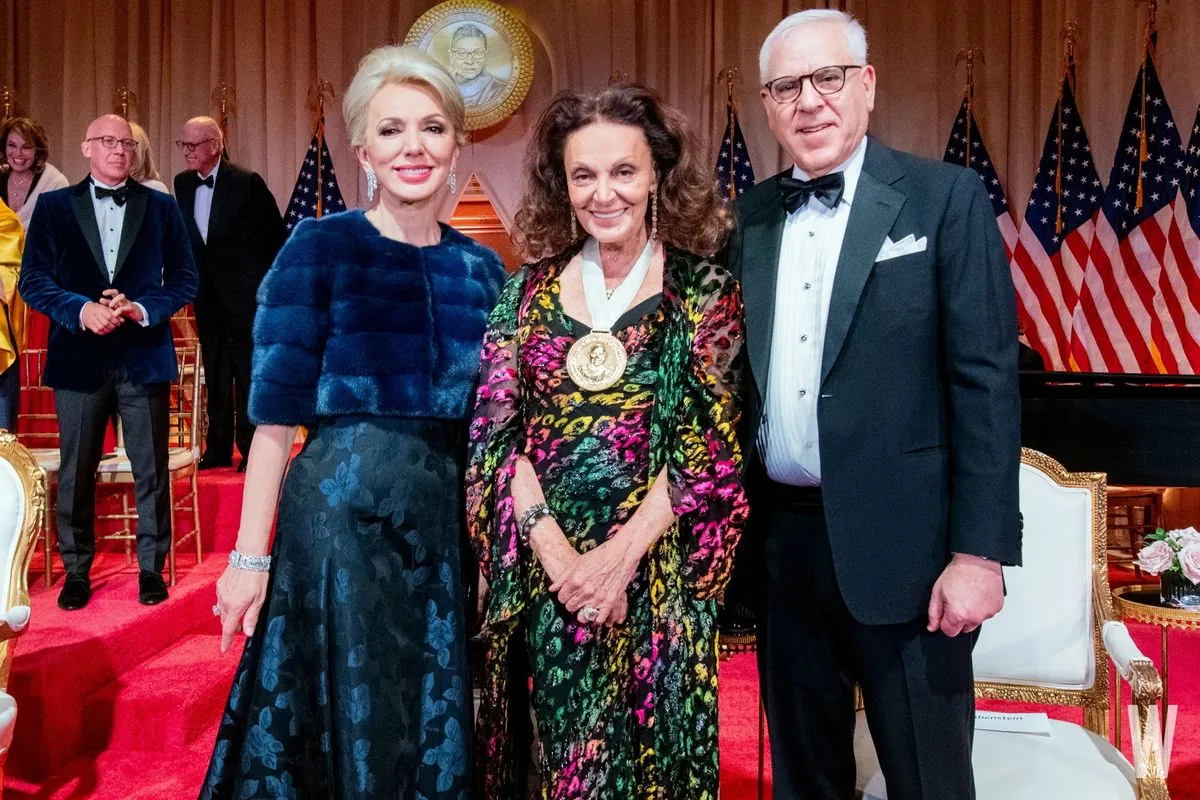Washington Post's Robin Givhan Honored with 2024 Rabkin Prize for Arts Writing
Robin Givhan, The Washington Post's senior critic-at-large, has been awarded the 2024 Rabkin Prize for her exceptional contributions to visual arts writing. The honor recognizes Givhan's masterful ability to blend personal and aesthetic insights.

Robin Givhan, senior critic-at-large at The Washington Post, has been recognized with the 2024 Rabkin Prize for her outstanding contributions to visual arts writing. This accolade, bestowed annually by The Rabkin Foundation, celebrates the intellectual and creative impact of contemporary visual arts writers.
The selection process for the Rabkin Prize involves an independent jury choosing winners from a pool of nominees identified by a foundation-appointed committee. The jury lauded Givhan's exceptional writing skills, noting her ability to seamlessly integrate personal and aesthetic elements in her work.

In an interview with the Rabkin Foundation, Givhan shared her perspective on the role of arts writers:
"Arts writers really help put coherence and logic behind emotions, and often really chaotic emotions. Right now, we are living through incredibly chaotic times, and arts writers are really positioned well to help us make sense of the chaos."
Givhan's recent work exemplifies her versatility and depth as a writer. Her columns have covered a wide range of topics, from the evolution of women's power dressing to the lasting influence of a former first lady. She has also provided insightful commentary on societal issues, such as analyzing the implications of a shooting at a rally and subsequent reactions.
This latest recognition adds to Givhan's impressive career achievements. In 2006, she was awarded the Pulitzer Prize for criticism, demonstrating her ability to engage with diverse subjects. Her Pulitzer-winning work included analyses of both popular culture phenomena like "Star Wars" and serious films such as "Hotel Rwanda," as well as observations on the sartorial choices of political figures.
Givhan's success highlights the importance of arts writing in providing context and understanding for complex cultural and societal issues. Her work continues to offer readers valuable insights into the visual arts and their broader implications in our rapidly changing world.


































